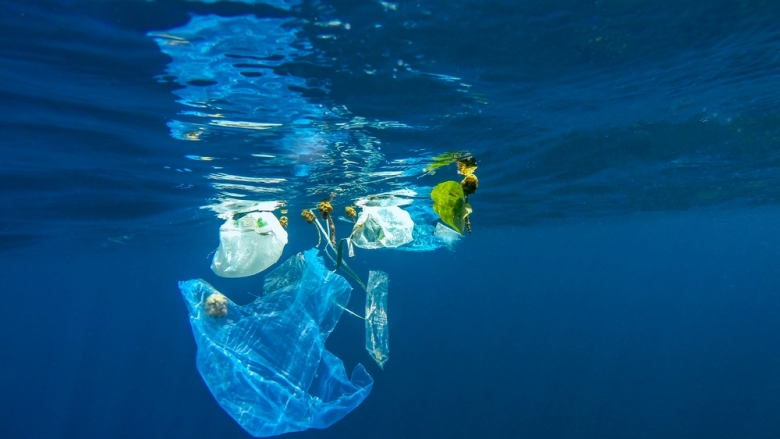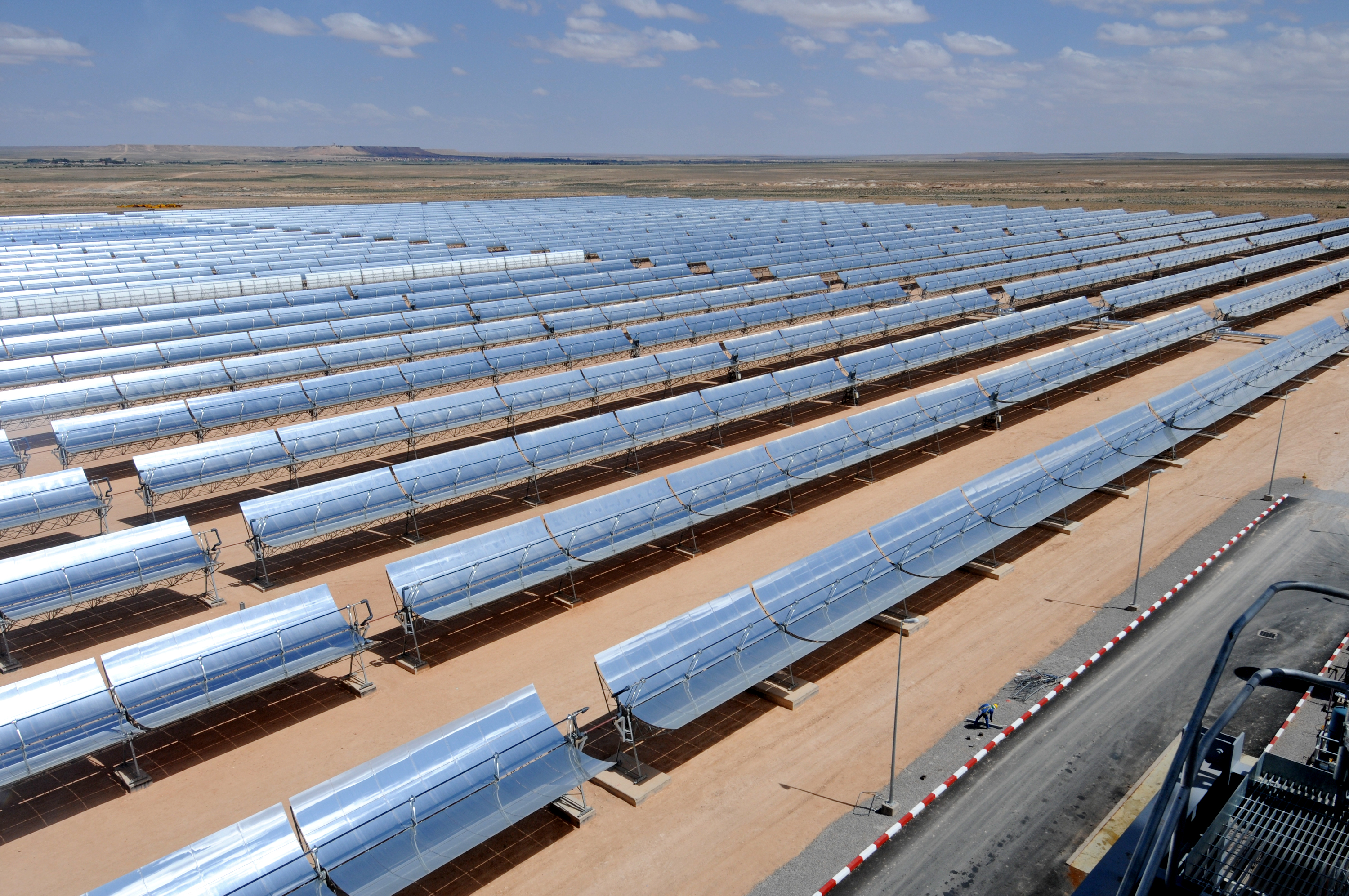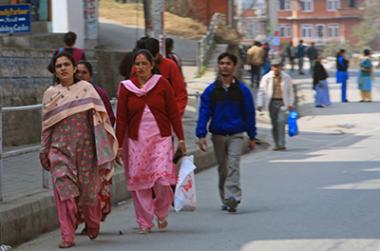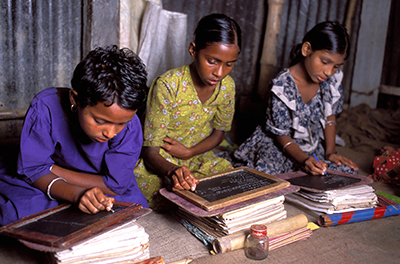AS KNOWLEDGE PROVIDER (SUPPLY)

Working Regionally to Combat Plastic Pollution
From transport to health, food to construction and textiles, plastics are among the most abundant materials in our economy. Globally, the plastic industry is valued at USD 600 billion and provides employment to millions of people worldwide.
Providing country: Brunei Darussalam, Cambodia, Indonesia, Lao People's Democratic Republic, Malaysia, Philippines, Singapore, Thailand, Vietnam, Bangladesh, Bhutan, India, Maldives, Nepal, Pakistan, Sri Lanka, Benin, Cabo Verde, Cote d'Ivoire, Gambia, The, Ghana, Guinea, Guinea-Bissau, Liberia, Mauritania, Nigeria, Sao Tome and Principe, Senegal, Sierra Leone, Togo
Receiving country: Brunei Darussalam, Cambodia, Indonesia, Lao People's Democratic Republic, Malaysia, Philippines, Singapore, Thailand, Vietnam, Bangladesh, Bhutan, India, Maldives, Nepal, Pakistan, Sri Lanka, Benin, Cabo Verde, Cote d'Ivoire, Gambia, The, Ghana, Guinea, Guinea-Bissau, Liberia, Mauritania, Nigeria, Sao Tome and Principe, Senegal, Sierra Leone, Togo

Following the Carbon for Clean Energy in Asia
Over 80% of worldwide new coal-fired power plants due to begin operating between now and 2020 will be in middle-income countries in Asia: China, India, Indonesia, Vietnam, Philippines and Pakistan.
Providing country: China, India, Indonesia, Pakistan, Philippines, Vietnam, Brazil, Mexico, Peru, Australia, Denmark, Japan, Singapore, South Africa, Korea, Republic of, Spain, United Arab Emirates, United Kingdom, United States

Strengthening Infrastructure Knowledge and Capacity in Nepal’s National Identification System
The Government of Nepal needed to address the organizational effectiveness of its National Identification Management Center (NIDMC), specifically with focus on operational efficiency, effective communications, stakeholder relations, and results.
Providing country: Pakistan
Receiving country: Nepal

Learning to Build National Research and Education Networks (NRENs) in South Asia
The Internet has become an integral part of the delivery of quality education nearly worldwide, except in countries such as Afghanistan, Bangladesh, Bhutan, and Nepal that lack easy, cost-effective Internet access. Wanting to address this academic isolation and improve higher education, these four countries approached the World Bank for help.

 China
China Colombia
Colombia Denmark
Denmark India
India Indonesia
Indonesia Mexico
Mexico Russian Federation
Russian Federation Spain
Spain United Kingdom
United Kingdom